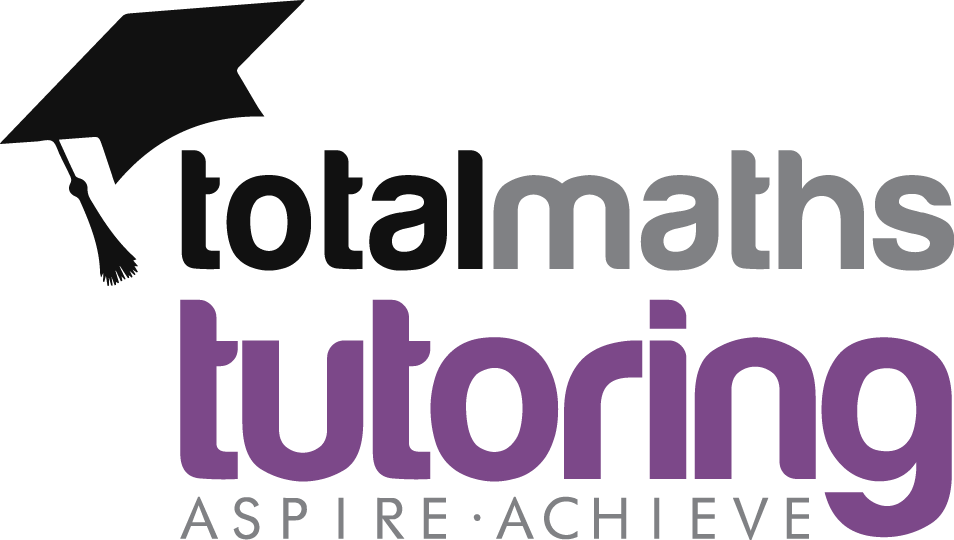The key to successful GCSE revision: Retrieval practice
In the run up to their GCSE exams, students will be spending a lot of time both in and out of school, revisiting topics they have covered previously, trying to “fill in” gaps in their knowledge. It may seem unimportant which methods teachers and students use to revisit these topics; maybe the teacher runs through the basics of the topic again, maybe the student makes some revision cards or a poster from notes they’ve taken previously. Surely this is all good practice and must be helping to reinforce their knowledge? Research from Cognitive Scientists* however, suggests this is not the case, and that students should be far more focused on getting information out of their heads, rather than trying to get information in.
This method of learning is called retrieval practice, and implementing it successfully should lead to far better outcomes for students in their GCSE exams, and their learning in general.
Learn more about how to achieve well on the foundation tier at GCSE.
What is retrieval Practice?
In essence, retrieval practice involves exactly that; attempting questions or learning activities which encourage learners to retrieve information they already possess from previous learning. The retrieval practice approach suggests that recalling an answer improves learning to a greater extent than looking an answer up in a textbook or asking an expert. Looking it up won’t actually engage the students outgoing brain function, they are simply attempting to memorise that information the same way they did the first time round.
Recalling the information however, as well as perhaps applying this information to a challenging question, cements learning long term, making it easier to recall this information again in the future. The tasks and questions which students attempt should vary in difficulty and topic as much as possible, to challenge students retrieval skills, and students should try as much as possible to attempt tasks without access to their books, notes, or help from outside sources. Once students have made their best attempt, their work should be reviewed and any reinforcement of the previous learning can take place.
How can this help students pass their GCSE?
Students first and foremost need to know the make up of the new GCSE syllabus. Students then need to attempt a varied range of questions on a particular topic, which challenge them to recall information they already possess, before they reach for the revision guide or get some help form a friend or their notes.
Students should be disciplined and take the time they need to struggle with these challenging questions. They need to struggle, but not give up, applying any techniques and strategies they have for a particular situation. As a general guide, we should be looking for students to succeed in their retrieval about 85% of the time. More than this and the student is not working hard enough to retrieve the information, less than this and the student may become disengaged from a lack of success.
After attempting to retrieve the information and failing, students should review what they’ve done with their revision guide, their teacher, or perhaps a qualified tutor, who can reteach topics for which the information is not there in the student’s memory, and perhaps set some challenging follow up questions in a future session.
Total Maths Tutoring embed retrieval practice into each and every session because we understand that this is key to student’s success in exams, and long term learning retention.
*Research quoted from retrievalpractice.org
